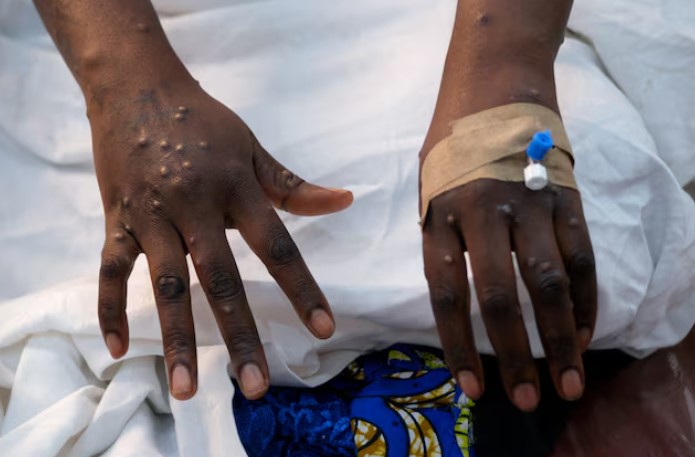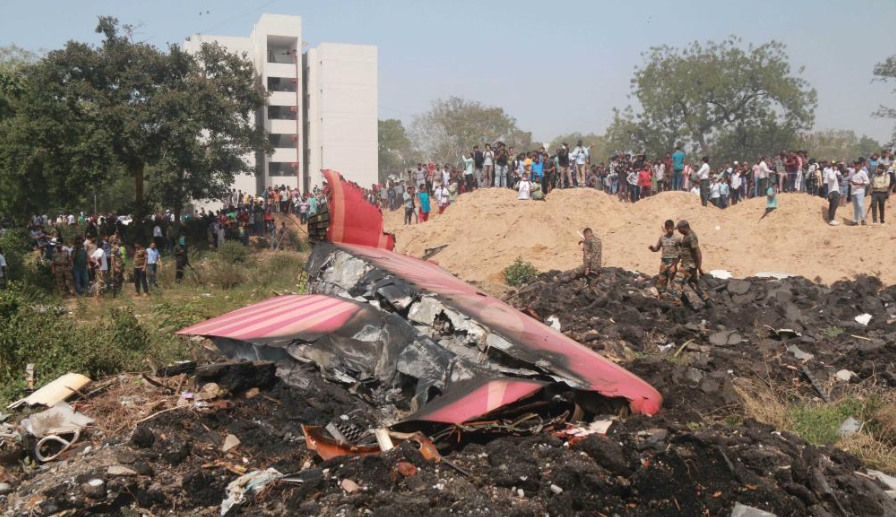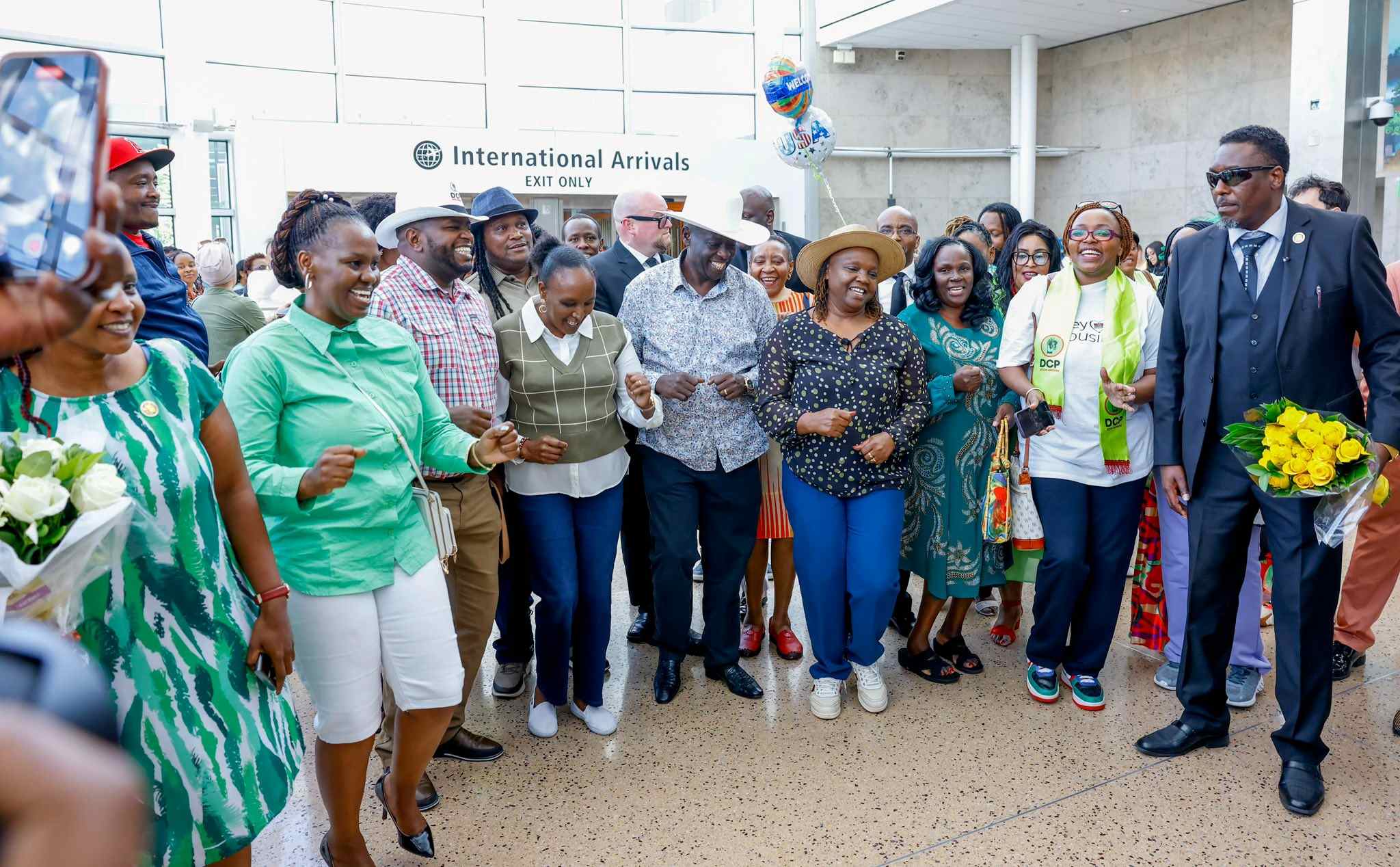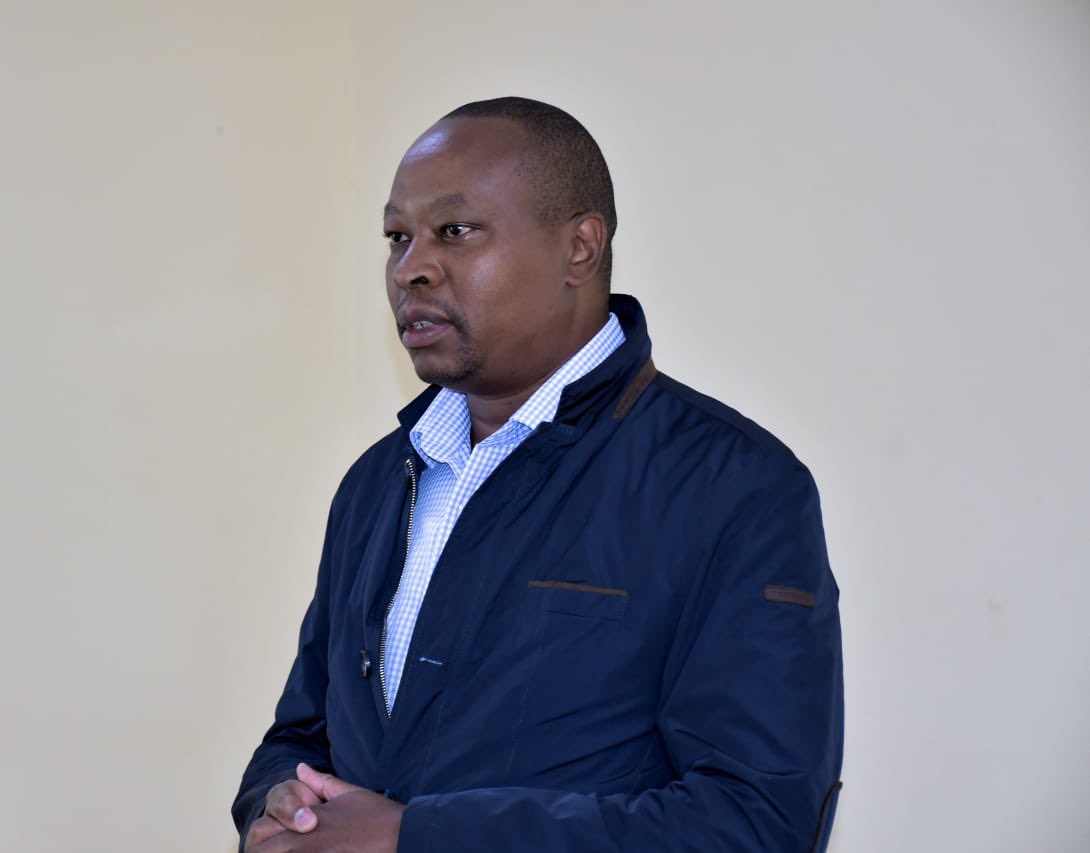Central Police Station OCS Samson Talaam named prime suspect in Albert Ojwang’s death
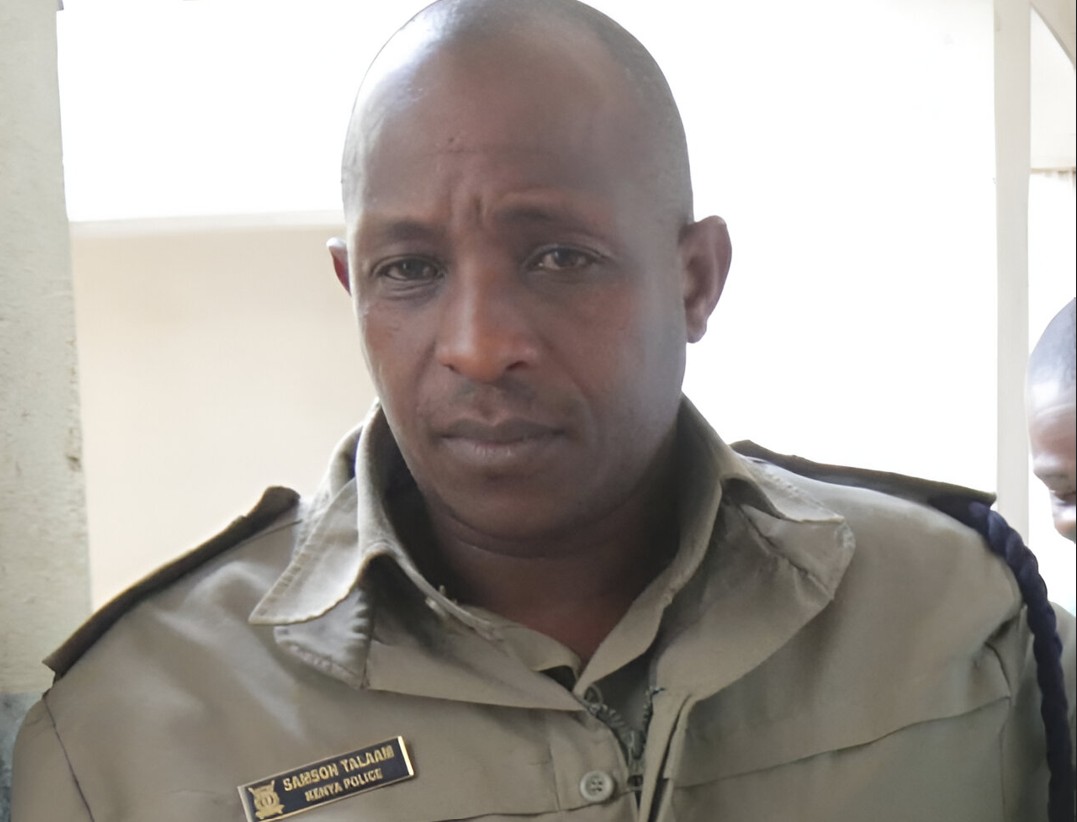
The DCI boss addressed concerns over the legality of Ojwang’s transfer from Homa Bay to Nairobi, saying the Criminal Procedure Code allows suspects to be moved across counties depending on the jurisdiction of the offence.
Samson Talaam, the Officer Commanding Central Police Station, has been named the prime suspect in the death of Albert Ojwang, who died while in police custody at the Nairobi station.
Director of Criminal Investigations (DCI) Mohammed Amin, while appearing before the Senate on Wednesday, told legislators that Ojwang’ was never booked into custody, following Talaam’s orders, despite being presented to the station after his arrest in Homa Bay.
More To Read
- City businessman Kakan Maiyo freed on Sh10,000 police cash bail after dramatic arrest
- Police intensify search for missing pistol following NSSF chairman's car crash
- Teen protester Elijah Mwongeli laid to rest as Kenyans demand justice over police killings
- Makadara court frees minors arrested during Starehe protests, grants DCI two days to charge adults
- Taalam's phone: Court grants DCI more time to conclude probe into extortion allegations
- June 25 protests: Court releases two men linked to viral 'occupy State House' post
“It has further been confirmed that before the booking, the report office personnel called the OCS, who declined to book the suspect. Talaam is the Officer Commanding Central Police Station, and from the totality of things, he should be treated as a prime suspect in the matter,” Mohammed said.
Ojwang’, who was arrested in Homa Bay in connection with a cybercrime offence, was transferred to Nairobi, where he died at the Central Police Station.
Post-mortem
A post-mortem conducted by government pathologist, Dr Bernard Midia, has contradicted an earlier police report claiming Ojwang died after hitting his head on the wall.
“When we examined the pattern of the injury, especially the trauma I found on the head… Hitting against a blunt substance like a wall would have a pattern,” Midia told the press on Tuesday.
The government pathologist explained that injuries from self-infliction on a wall would present with frontal bleeding, but Ojwang’s injuries did not align with that scenario.
“The bleeds that we found on the scalp, on the skin of the head were spaced, including on the face, sides of the head, and the back of the head,” he said, adding: “When we tie this with other injuries that are well spread on parts of the body… including the upper limbs and the trunk, then this is unlikely to be self-inflicted injury.”
Transfer from Homa Bay
Mohammed also addressed concerns over the legality of Ojwang’s transfer from Homa Bay to Nairobi, saying the Criminal Procedure Code allows suspects to be moved across counties depending on the jurisdiction of the offence.
“The CPC, Section 71, Cap 75 is very clear on the places of trial and jurisdictions. The ordinary place of trial is determined by where the crime was committed. In this case, we believe the offence was committed in Nairobi, though the arrest happened in Homa Bay,” he told the Senate.
He said cybercrime offences have a national scope and, therefore, are not limited by local jurisdictions.
Mohammed dismissed claims that the police required a court order to move Ojwang from one police division to another.
“We do not require a court order to move a suspect from one police jurisdiction to another. For the deceased, he was booked out at Mawego Police Station in Homa Bay at 1600 hours and booked in at Central Police Station at 2132 hours,” he said.
Not held at DCI
Contrary to speculation that the suspect may have been held at DCI headquarters before being taken to Central Police Station, Mohammed clarified that the vehicle carrying him, registration GK C519B, a Subaru used by the DCI, was tracked and travelled directly to Central Police Station.
“I can confirm without fear of contradiction that from Homa Bay, the suspect was driven straight to Central Police Station and nowhere else. We can technically confirm this even through the GPS system of the Subaru vehicle,” Mohammed said.
The DCI chief also responded to concerns about the absence of CCTV footage in Mawego, stating that the station, recently upgraded from a police post, lacked surveillance systems.
He further confirmed that Ojwang was treated humanely during the journey to Nairobi.
“While at Narok, he asked for refreshments, and he was given some by the arresting officers,” Mohammed said.
He noted that Ojwang spoke to his wife at 21:24 hours, shortly before being booked at Central Police Station.
DIG Lagat’s involvement
Mohammed also addressed questions around Deputy Inspector General of Kenya Police Service (DIG-KPS) Eliud Lagat’s involvement in the matter, saying Lagat had filed a formal complaint with the DCI after “very serious allegations” were made against him.
“I wish to confirm that it is true, just like any other citizen, the DIG-KPS Eliud Lagat filed his complaint with the DCI in view of the very, very serious allegations touching on the integrity of his office and himself personally,” Mohammed said.
“The complaint by the DIG-KPS was subjected to the same due process, and there wasn’t any preferential treatment. Throughout our investigation, he never interfered with the investigations whatsoever,” he added.
The Senate inquiry into Ojwang’s death is expected to continue as pressure mounts for accountability and justice.
Top Stories Today
